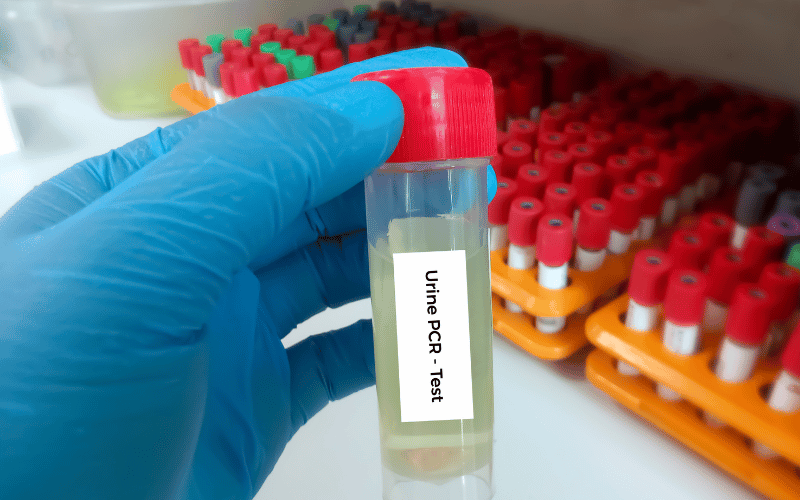Symptom 3: Proteinuria (Protein in Urine)

Proteinuria is another hallmark of MPGN, and it refers to an unusually high amount of protein present in the urine. Proteins, especially albumin, are typically retained by the kidneys during filtration, being too large to pass through. When protein starts appearing in one’s urine, it’s a sign that the kidney’s filtering system, especially the glomeruli, is compromised.
Proteinuria isn’t always immediately noticeable to the untrained eye. However, over time, a frothy or foamy appearance of the urine might become evident. This foaminess can sometimes be confused with the effects of dehydration, but its persistence, even with adequate hydration, points towards something more concerning.
As with other symptoms of MPGN, understanding the broader context of proteinuria is essential. The kidneys are letting through substances they typically wouldn’t, indicating structural or functional changes at the microscopic level. This leaky behavior can lead to other complications, as proteins play vital roles in many bodily processes.
It’s also worth noting that proteinuria, on its own, isn’t painful or directly harmful. Its significance lies in what it indicates about kidney function. The presence of proteins in the urine serves as a silent alarm, urging one to dig deeper into their renal health.
To round off the discussion on proteinuria: it’s a silent but telling symptom. Regular urine tests can help catch it early, and if detected, it’s a clear sign that the kidneys need some attention. Addressing proteinuria promptly can prevent further complications and ensure a healthier renal trajectory. (3)